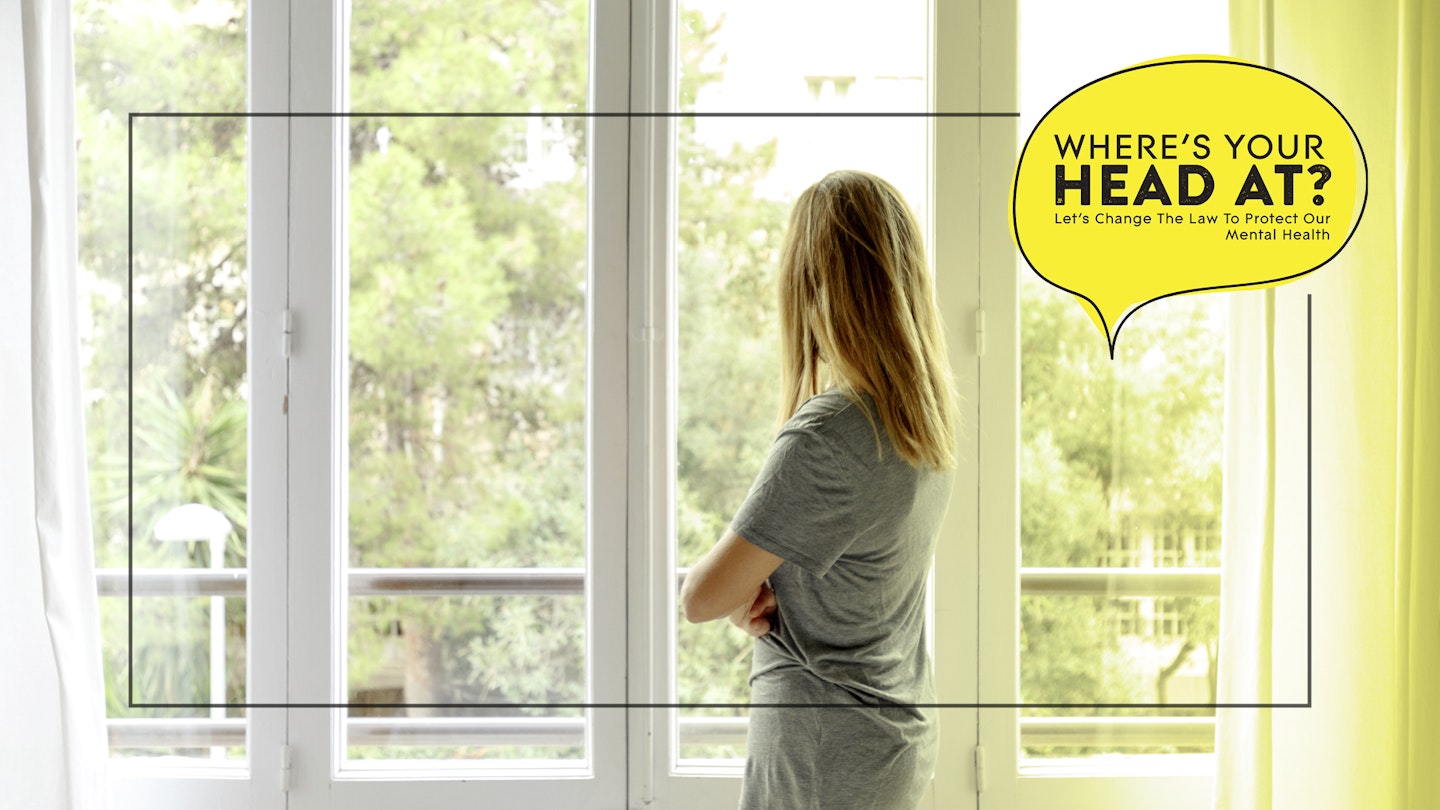Many of us get the winter blues. In fact, as someone who suffers from depression and OCD, I anticipate the onset of mine as the nights draw in. So accustomed to them, I habitually pop my meds and up my exercise routine as the air chills. But nothing could have prepared me for this.
What happens when you're signed off work with depression?
'You’re obviously not very well' were the words my psychiatrist had used that morning at an emergency appointment. By that point I didn’t have the energy to do anything but nod glumly. She’d asked me if I was coping with work and I said no. She asked if I enjoyed things the same as before; I said no. She asked me if I’d thought about harming myself. I said yes.
Having finally secured a job in the media after years of internships, I’d got where I’d strived for so long. Not only that, but my personal life was better than ever. I’d just just moved in with my boyfriend of a year and was consequently totally loved up. So why did I feel so lifeless?
That’s the thing with mental illness; it creeps up on you with often no warning or catalyst. It’s an affliction like any other; it’s just not always as easy to tangibly see. Just as someone with asthma needs a pump, I need antidepressants to keep my brain chemistry in check. Even with this knowledge, this particular bout hit me hard. Perhaps this was just the first time I’d been truly honest with myself, I don’t know.
I’m generally a neurotic Type A kinda gal, so keeping up appearances is sort of my thang. But it turns out sometimes you need to take time out; and often your body makes that choice for you.
So back to that Monday. I came out of that appointment in a depleted daze. Still, I dutifully walked back into work after telling her that I’d 'have a think about being signed off' (stiff upper lip anyone?) But as I sat at my desk, I realised I simply couldn’t be there. I told my boss I had a migraine and left.
I came home, got into bed, and that’s near enough where I stayed for the next week. Everything felt terrifying and overwhelming and raw. But the worst part was wondering what people at work would think. I later emailed my boss to tell him the truth. Admitting that to someone who I wanted to impress made me feel incredibly vulnerable. So I hibernated. I only ventured out my bedroom cave for cigarette breaks and rum. (Sorry, health fans.)
'You look nice. For the first time in weeks you don’t look like you might kill me in my sleep,' my boyfriend laughed a week into being signed off. And for the first time in weeks I laughed because it was funny, not because I felt I should keep up a thinly veiled charade of happiness. My new medication had started to kick in and I was starting to feel almost human again.
We’ve moved on leaps and bounds in terms of how we view mental health, yet somehow for many it remains a dirty little secret. There is a huge pressure in your twenties to have everything together. All this pressure to be SUCCESSFUL AND AMAZING AND BEAUTIFUL can be really damaging.
Should I be signed off work for depression?
Every job has its stresses, but this isn’t about finding it difficult to ‘adult’. You need to check you’re not crossing that line from feeling overwhelmed to unhealthily so. If it helps, whenever I’ve been open with someone about my struggles, more often than not that person has divulged their own.
In essence, we all have stuff.
So, what if you’re reading this and feel like it resonates? Firstly, well done for acknowledging it because as cheesy as it sounds, that is the first step. Clappy hand emojis for you. Secondly, get yourself to the doctor as soon as possible. They should be able to refer you to a psychologist or counselling services.
Then, do as my psychiatrist advised and get yourself home, sit in your bed and watch mindless films on Netflix. Yes, she really did prescribe that.
How do you tell your boss you've been signed off work?
Personally I liaised with my HR department, rather than my boss directly.
You might find this to be the best route for you too if you’d rather not discuss all the deep stuff with your boss. I feel like this allowed me to be honest without feeling too vulnerable. Also remember this is what your HR department is for, so utilise them where you can.
How often do you need to go back and see your doctor?
You’ll need to have regular meetings with your doctor or psychiatrist to assess your recovery. In my case I was seen by my psychiatrist on a bi-weekly basis. This was mainly to monitor how I was adjusting to my new meds and whether my therapist was the right fit for me. If you’re organising therapy through your NHS doctor they will (hopefully) insist you check in every couple of weeks.
How long are you likely to be signed off for?
This will really depend on your employer’s specific sickness policy. Although there is no specific law aimed at workplace stress, but employers do have duties under the Health and Safety at Work Act to ensure the health, safety and welfare of their staff. Check your contract and chat to your HR department about how much you’re entitled to. It’s good to take a few weeks, like me, but although it’s tempting to curl up into the foetal position for the foreseeable future, the longer you leave it the harder it will be.
What happens when it's time to go back for work?
Going back to work after any length of time it obviously going to give you a more extreme version of the Sunday night fear. After weeks of Say Yes To The Dress marathons and oversized PJs, the prospect of diving straight back into full time work was overwhelming to say the least. My psychiatrist was concerned that it could be detrimental to my recovery so she recommended I have a graduated/ phased return to work. This means you can chat to your work and figure out the best way for you to get back into the full swing of things with less chance of setbacks. This is usually over the course of a few weeks.
If anything this experience has taught me is that the conversation about mental health needs to transcend from a policy level to our personal lives. It’s so easy to look at others and think they’ve got their shit together purely because their eyeliner is always expertly flicked.
The more open we become about our experiences of mental illness, the happier we will become. Work is important, but ultimately your health is more so. Don’t forget it.
_We want to generate 10,000 acts of kindness by 10th October, join us, and check out our map of kindness at** **wheresyourheadat.org********._**
READ MORE: The Best Natural Anti-Depressants
Discover: Natural Anti Depressants
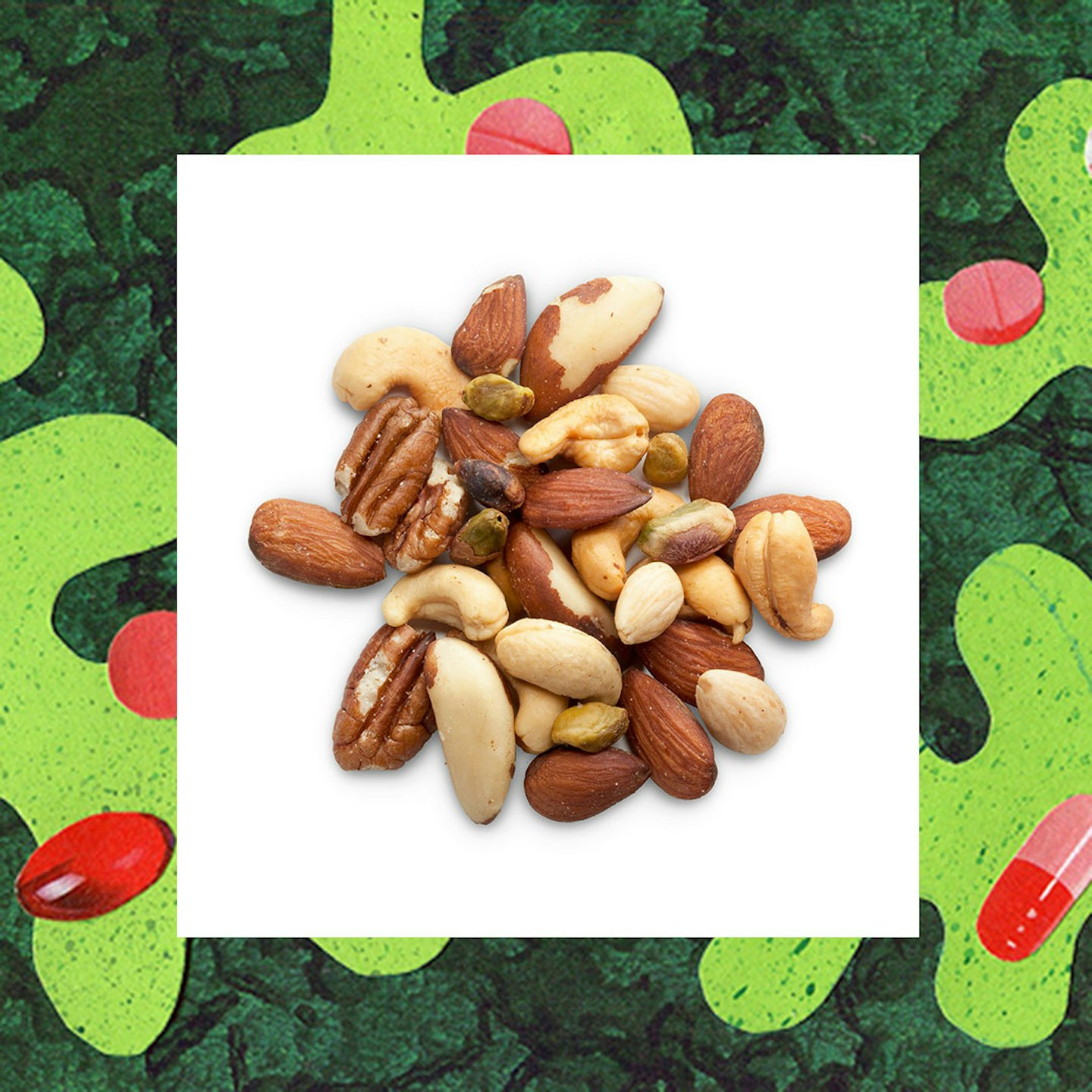 1 of 11
1 of 11Omega 3
Omega-3 fatty acids are essential minerals which reduce inflammation and are vital to brain functions such as mood and memory. Your body doesn't produce them naturally so you can only get them in you via food (like fish, nuts and seeds) or dietary supplements.
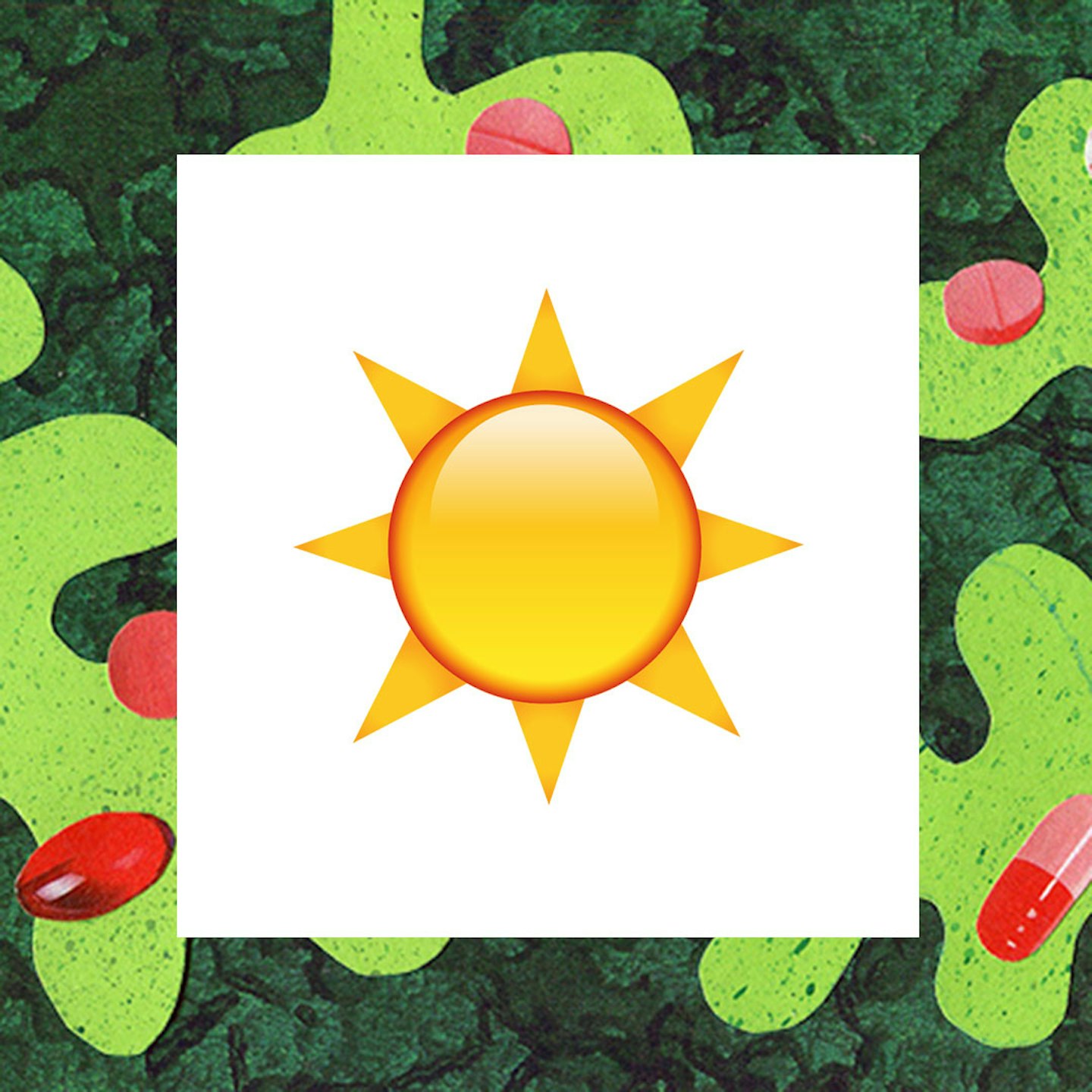 2 of 11
2 of 11Vitamin D
In addition to bone health, Vitamin D can play a vital role in the areas of the brain that are linked to the development of depression and other mental health problems.
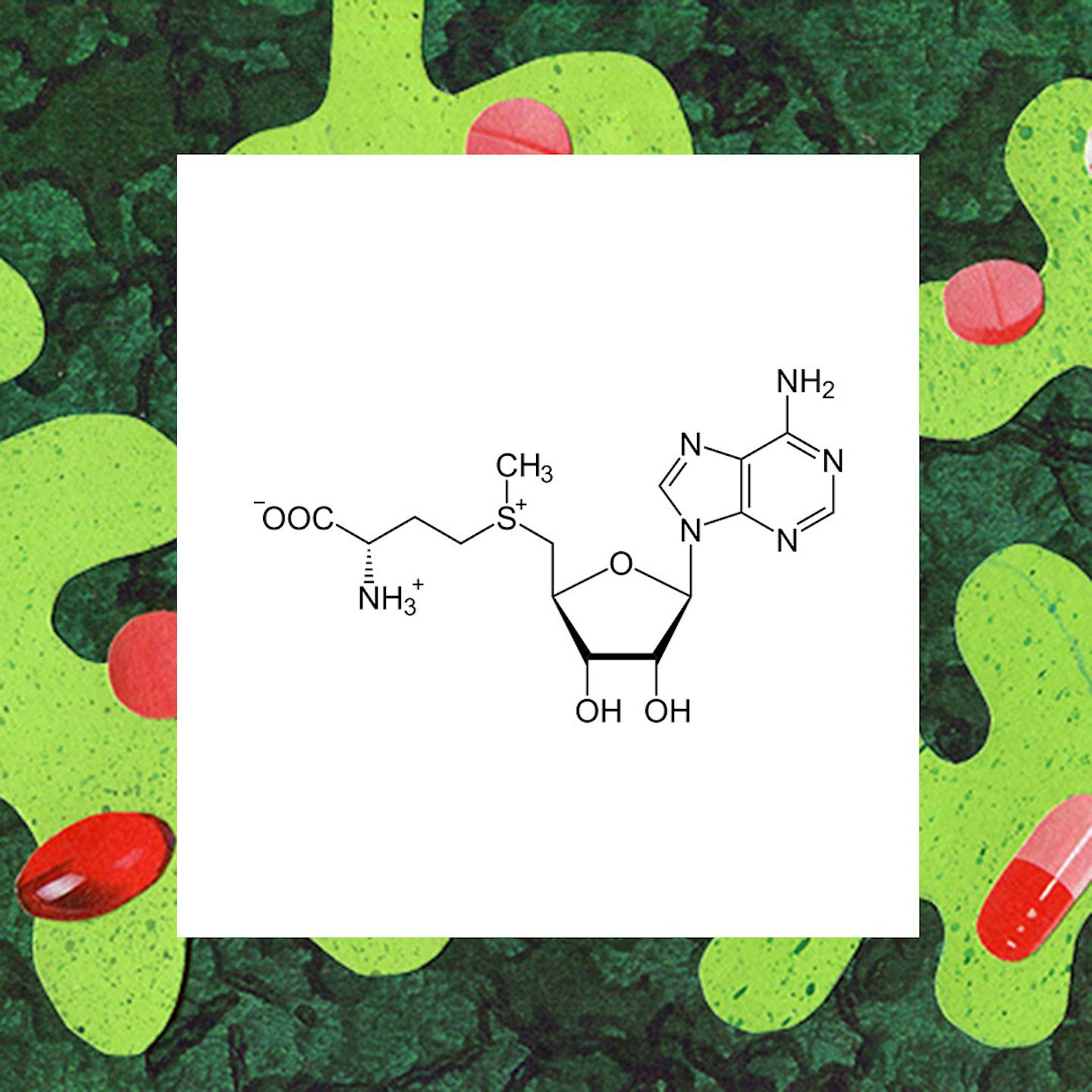 3 of 11
3 of 11S Adenosylemthionine
SAMeis a molecule that the body naturally forms and is available as a dietary supplement. In addition to depression and anxiety, it can be used for many other conditions including heart disease, fibromyalgia, tendonitis and many more. It is also recommended for PMS. It works by making sure that chemicals in the body that play a role in pain, depression, liver disease, and other conditions, actually do their job.
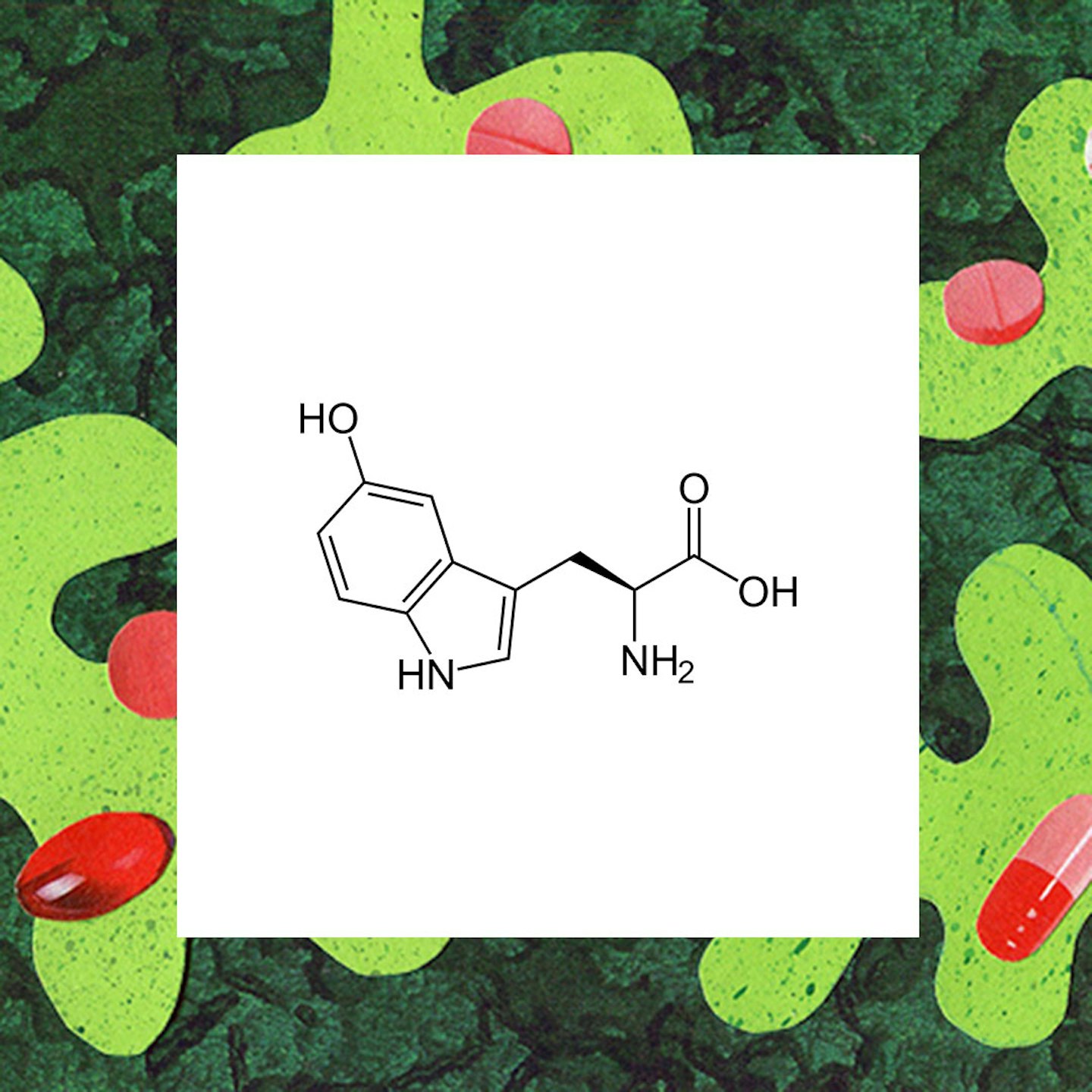 4 of 11
4 of 115-Hydroxytryptophan (5-HTP)
Like SAMe,5-HTP is also a chemical (an essential amino acid) that the body makes naturally. It works by helping to raise the serotonin (the happy hormone) levels in the brain. 5-HTP has been known to have a positive effect on sleep, mood, anxiety, appetite, and pain.
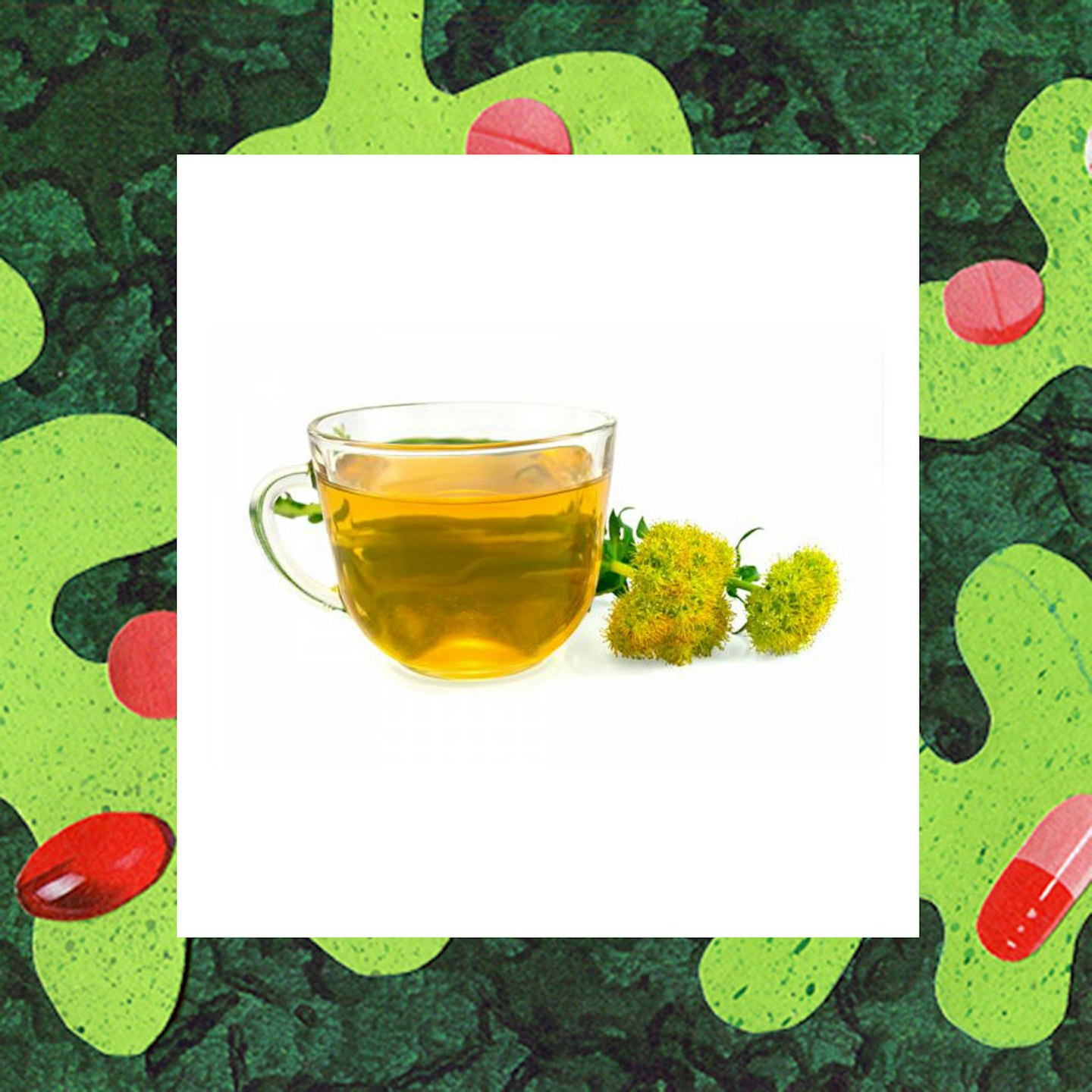 5 of 11
5 of 11Roseroot Herb
A study conducted on whether the Rhodiola Rosea (Roseroot) herb was effective for depression showed that it was almost as effective as the popular antidepressant, Sertraline (Zoloft), but with fewer side effects. The herb boasts strengthening the nervous system, fighting depression, enhancing the immune system and memory, elevating stamina, aiding in weight-loss and increasing sexual function.
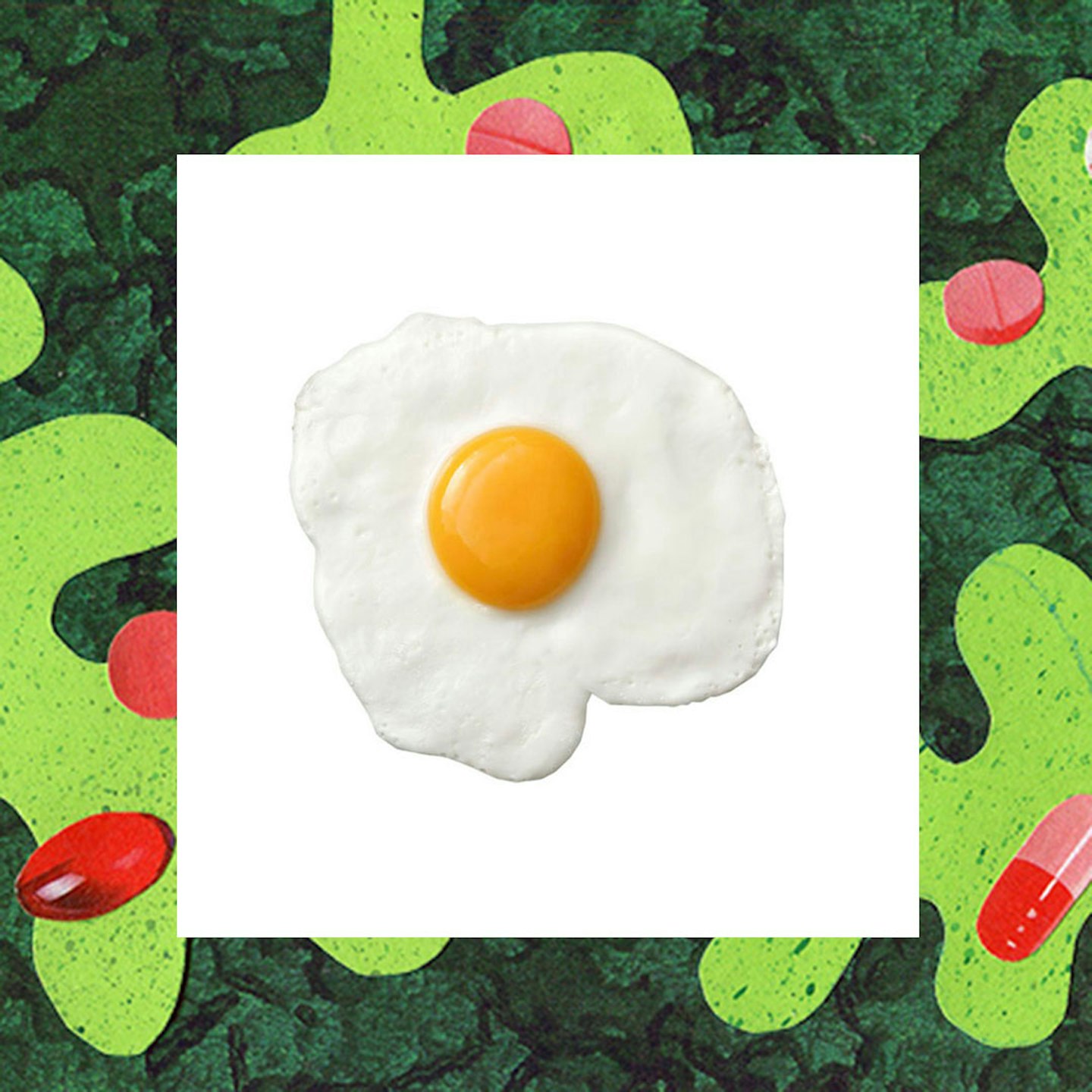 6 of 11
6 of 11Iron
A lot of adults, especially women, suffer from iron deficiency, and guess what? Iron deficiency symptoms are pretty similar to depression symptoms, i.e. fatigue, irritability, and foggy brain. The recommended daily iron allowance in adults is roughly 8 to 18 mg daily (check with your doctor though because everyone's number is different).
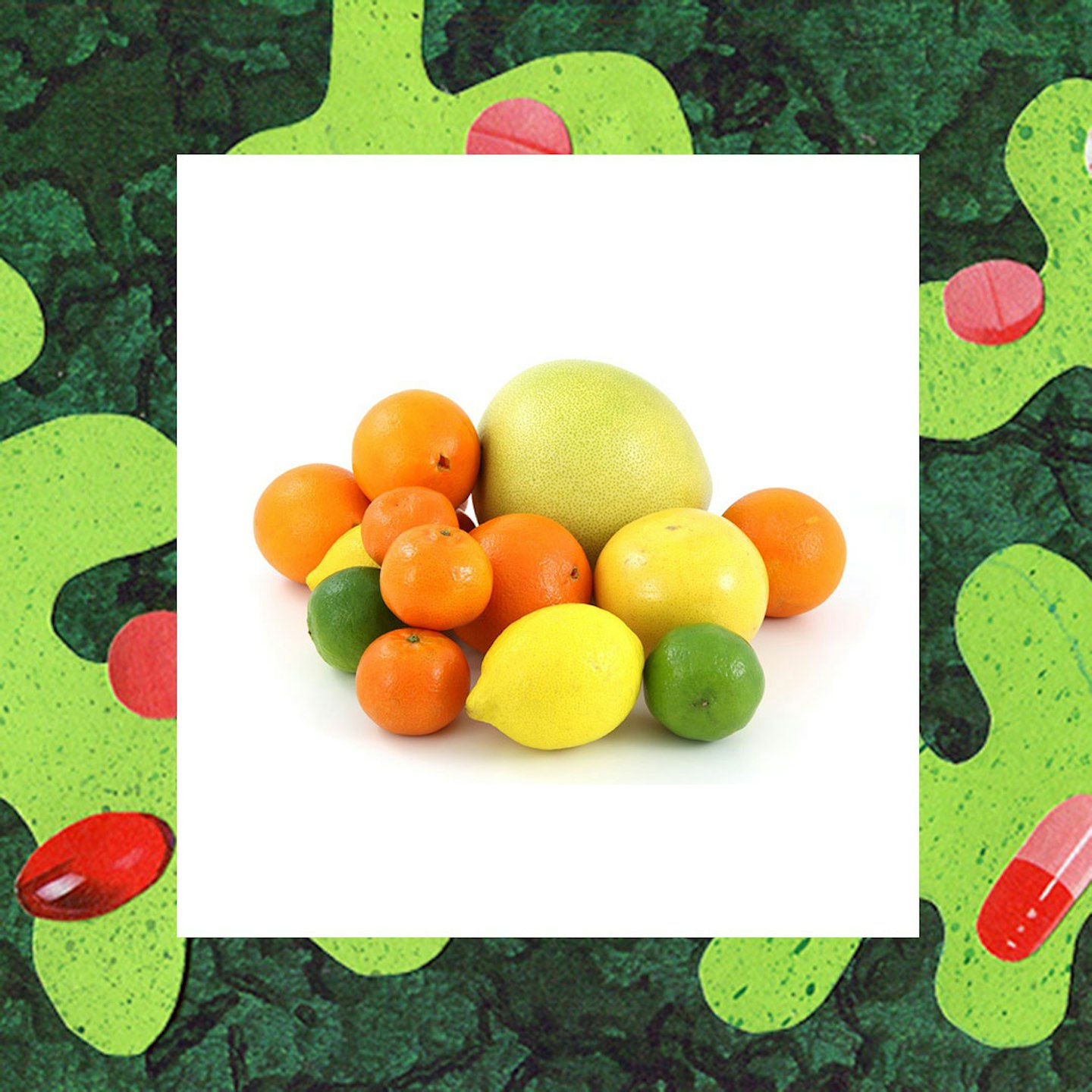 7 of 11
7 of 11Folate
If you don't have enough folate, antidepressants may not work. Some docs prescribe folate along with antidepressants to treat depression and improve the effectiveness the medication. Most adults need at least 0.4mg daily, which you can though food including dark leafy greens, beans and citrus fruit, or as a supplement.
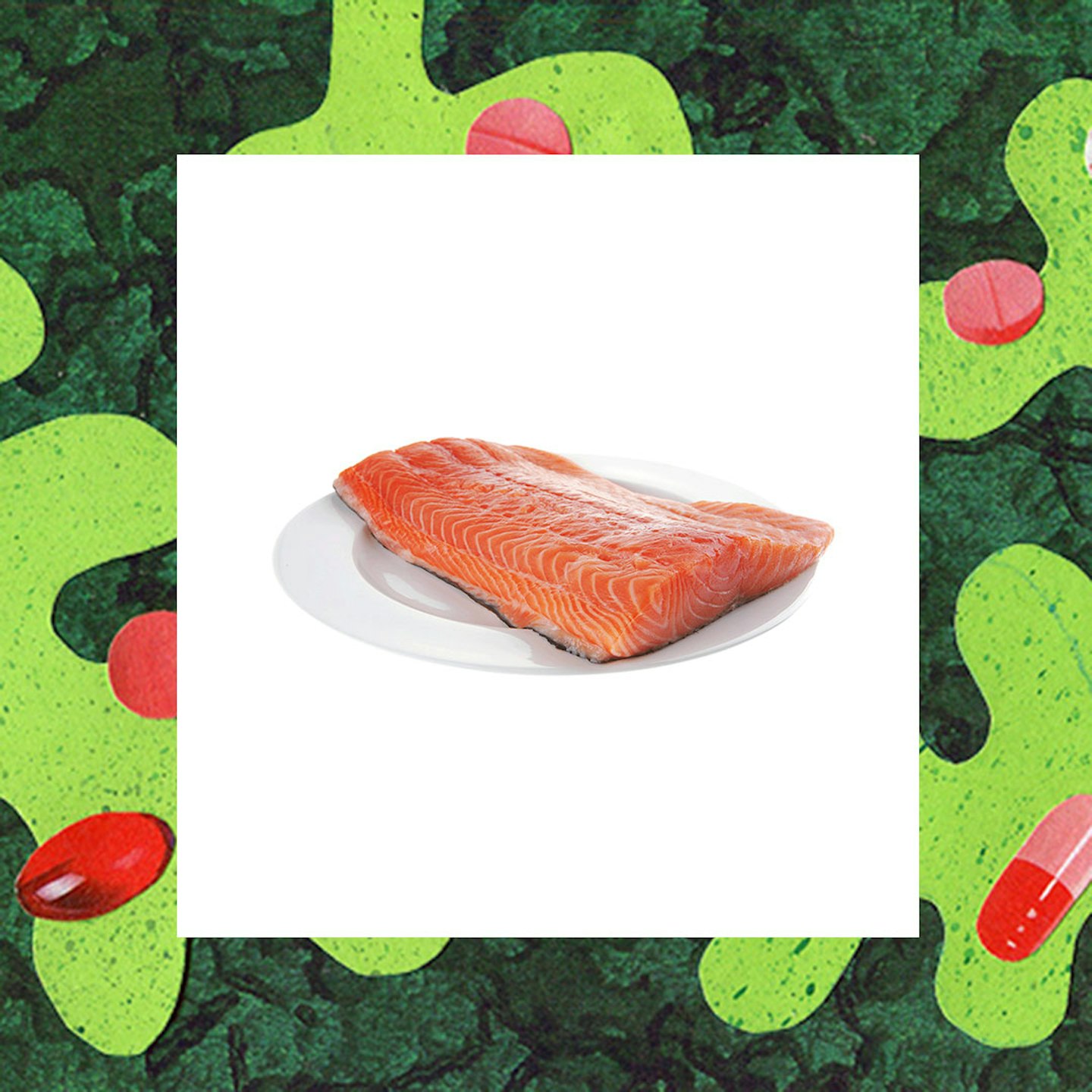 8 of 11
8 of 11B12
Vitamin B-12 and other B vitamins can play a role in producing mood-affecting brain chemicals and low levels of these may be linked to depression. If you have a poor diet and the body can not absorb enough B vits, your mood can be severely affected. Getting a blood test will determine how much of the B goodness you have in your system, and whether you need to stock up. B vitamins are found in animal products like milk, fish, meat and eggs, so if you are a vegan, you should definitely be getting your B's from dietary supplements and vitamins.
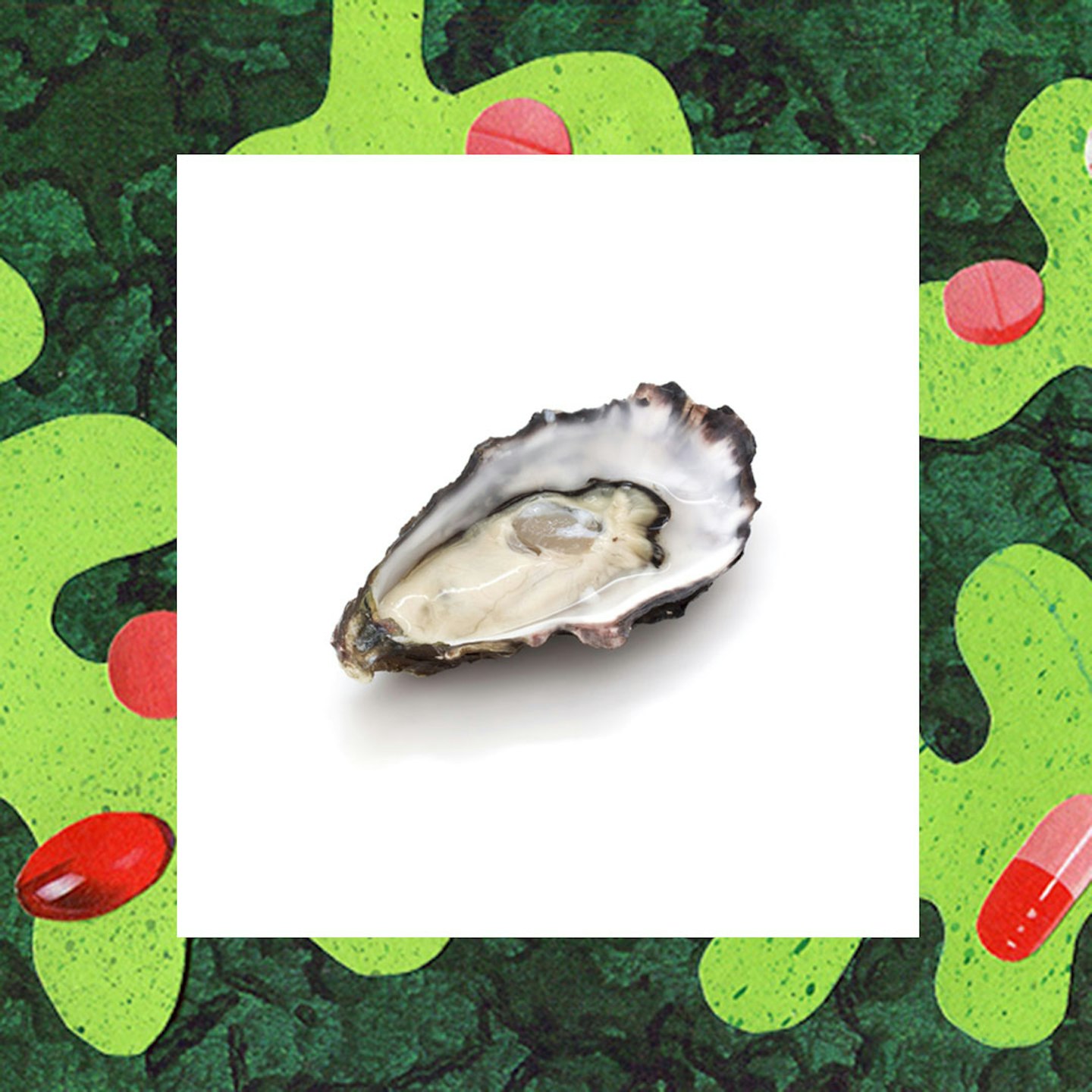 9 of 11
9 of 11Zinc
Zinc is crucial to our system as it activates our digestive enzymes breaking down food, and helps prevent food allergies, which can avert depression. It also helps our DNA to produce and repair proteins, control inflammation and boost our immune system.
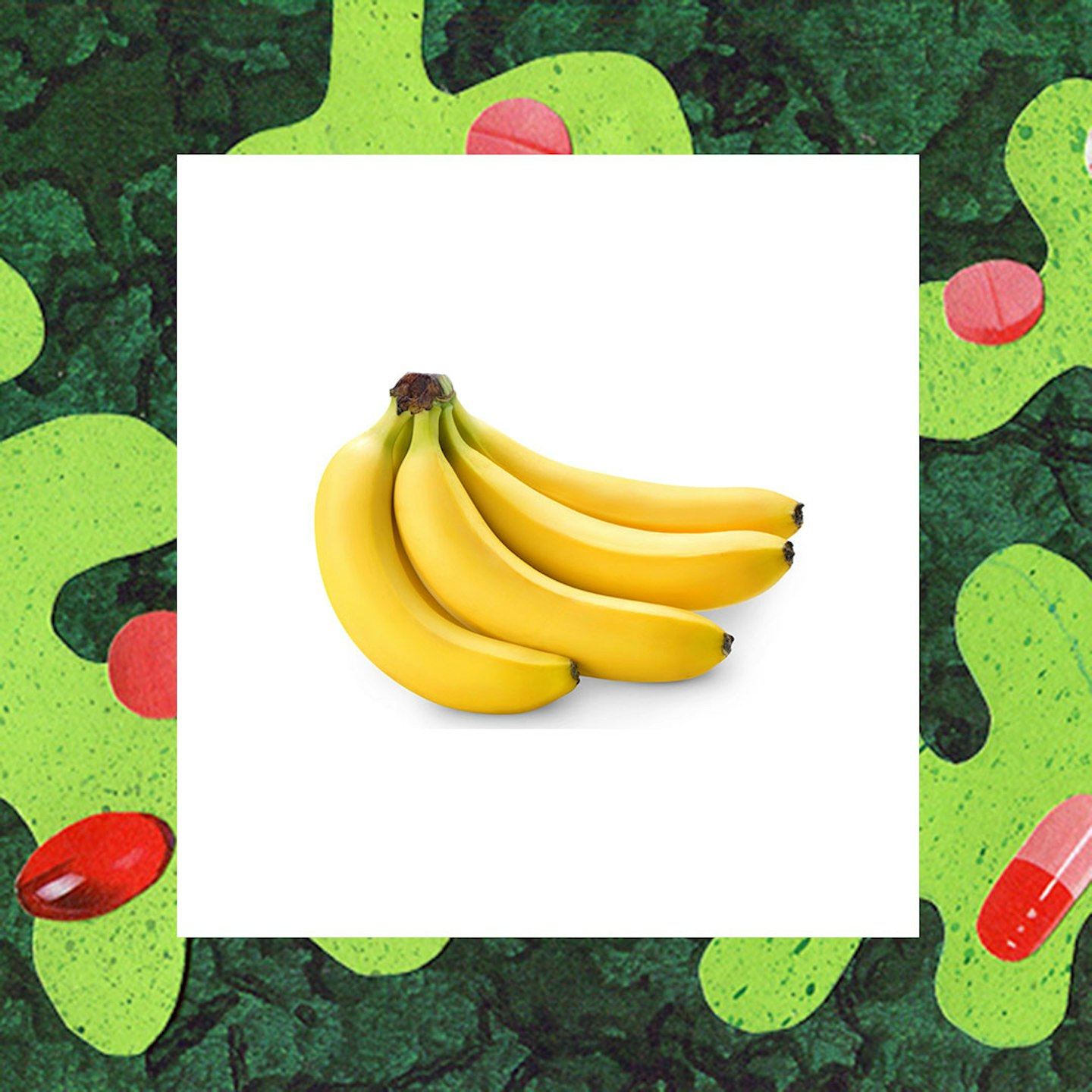 10 of 11
10 of 11Tryptophan
Tryptophan is an essential amino acid which you get through food such as bananas, tamarind, oats, sesame seeds, kiwi and watermelon. Once in the body, it converts to niacin, serotonin and melatonin. Most antidepressants work by increasing the amount of serotonin in the brain and Tryptophan helps to increase serotonin levelswithout the extreme side effects of meds.
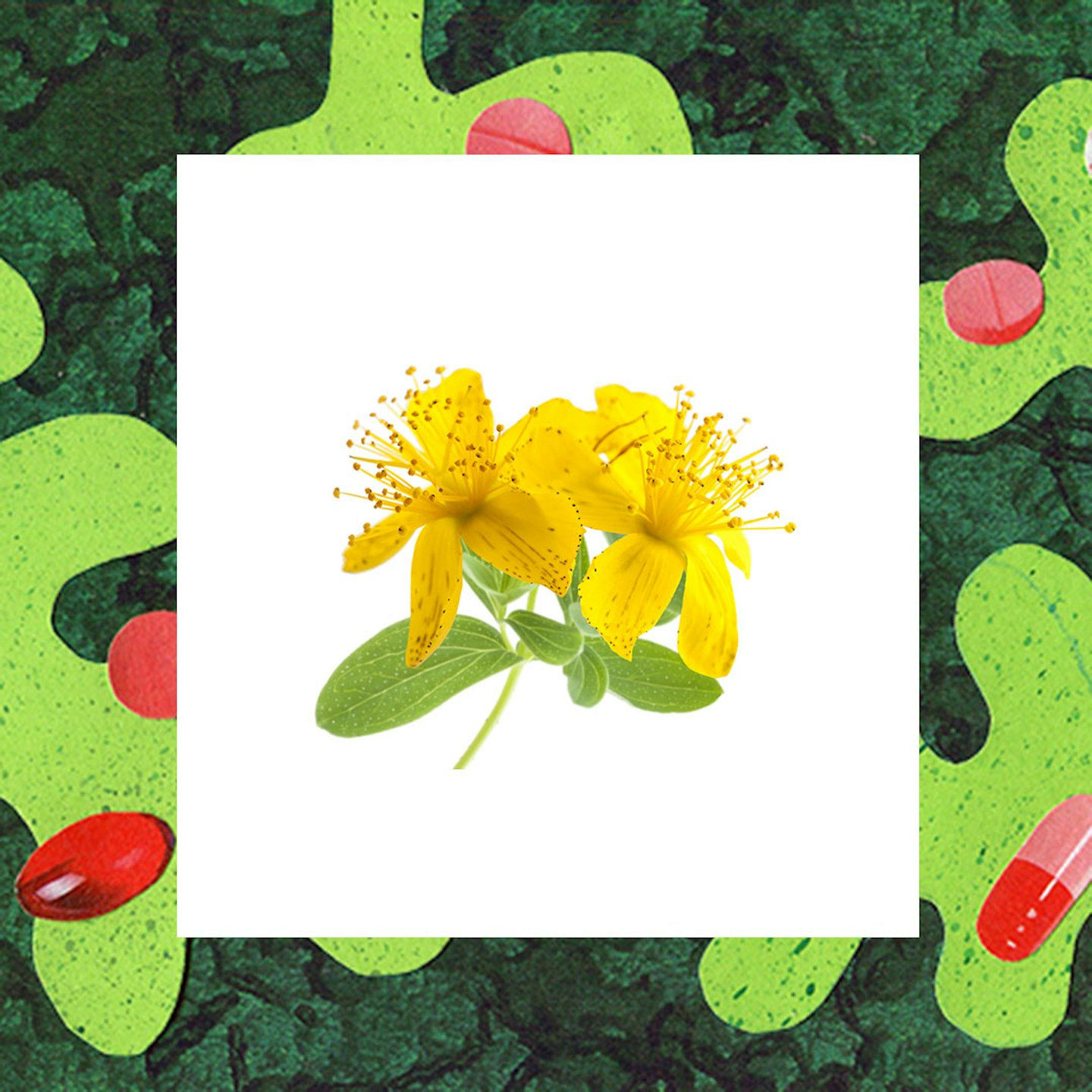 11 of 11
11 of 11St John Wort
St John's Wort has been around for yonks and is one of the most popular natural methods used for dealing with stress, anxiety and depression. It's a plant with yellow flowers. There has been some scientific evidence that St. John's wort may be helpful in treating mild depression. It's been claimed that it works just like regular antidepressants in that it inhibits the reuptake of the neurotransmitters serotonin, norepinephrine, and dopamine.
